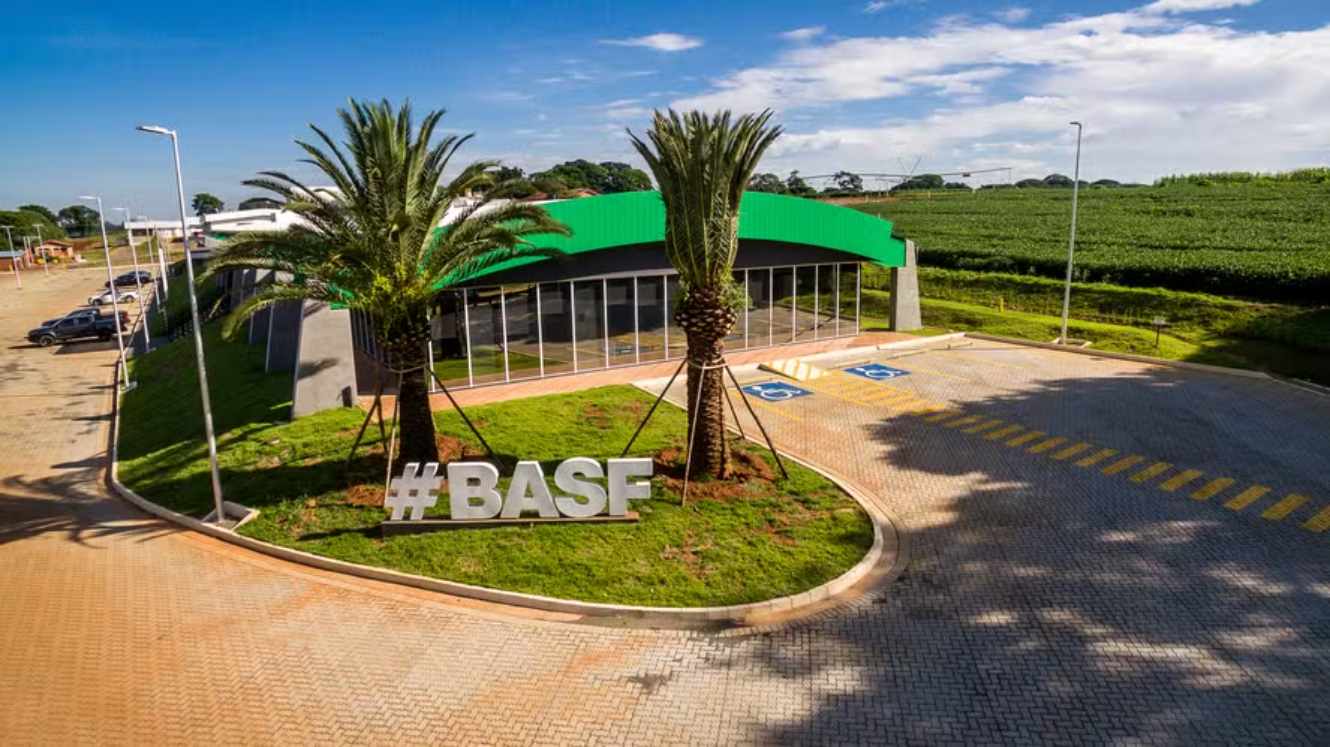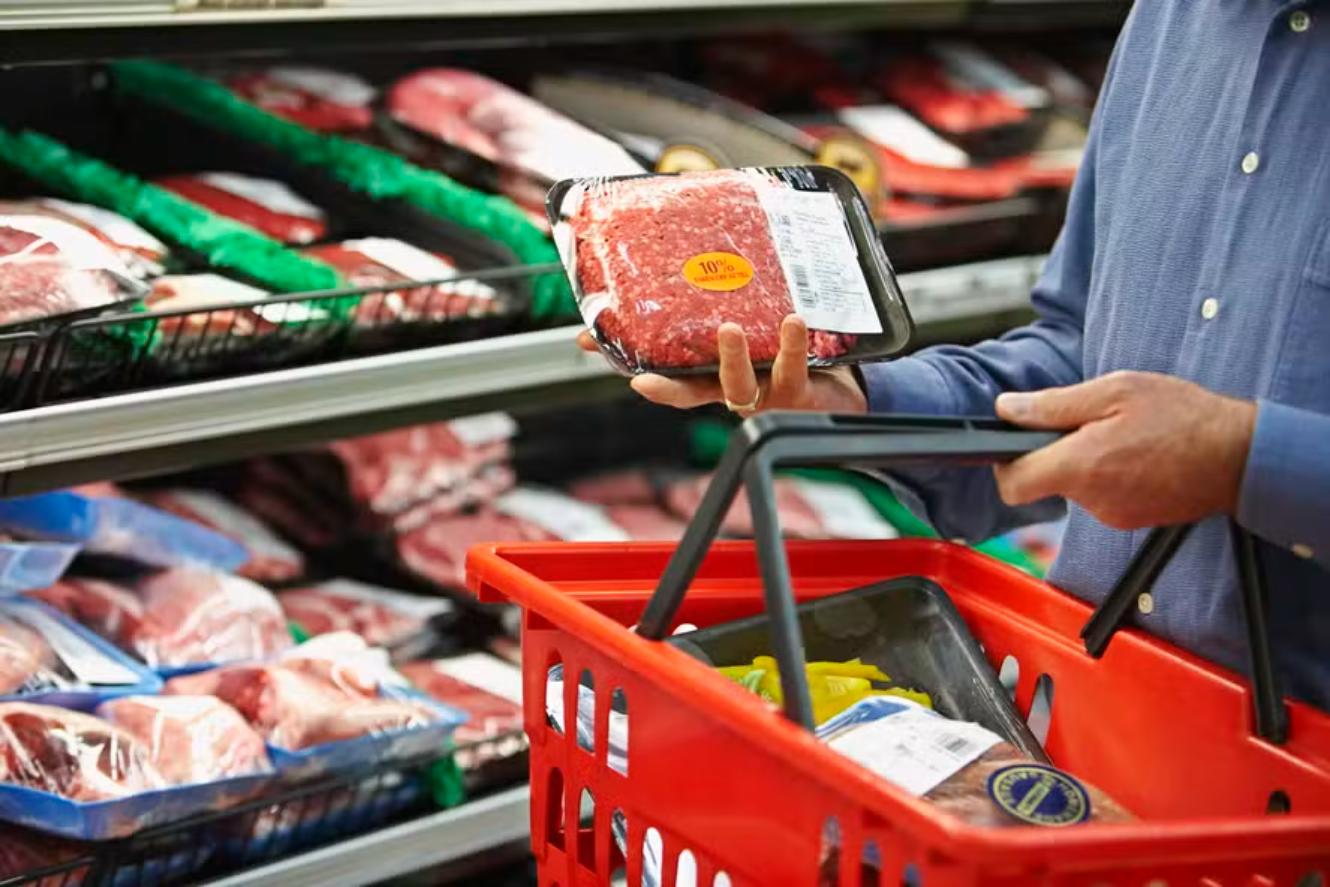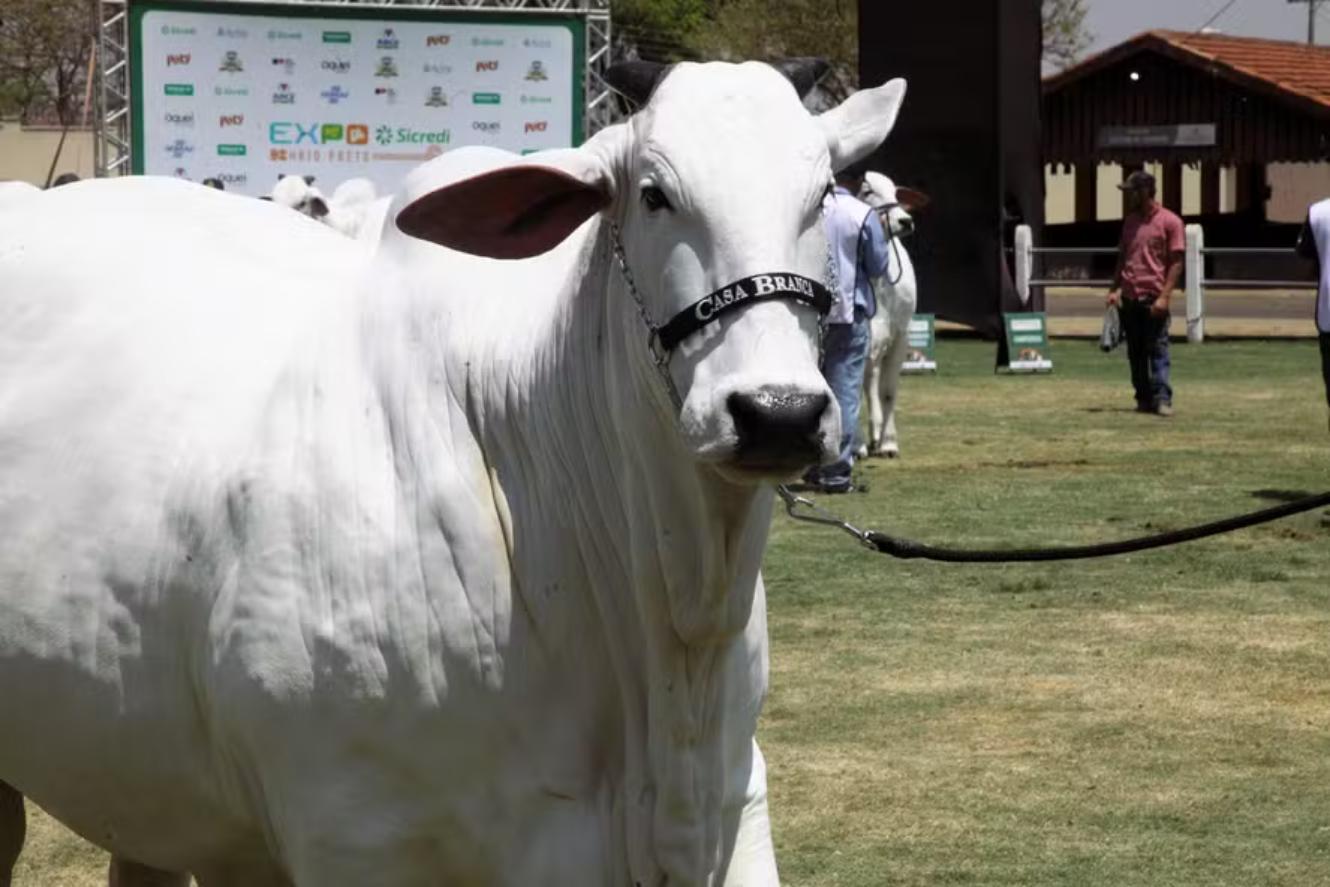Innovative solutions target corn leafhopper control and soybean nematode management.
By 2035, Basf aims to introduce 24 crop protection products in Brazil, including fungicides, insecticides, herbicides, and chemical and biological seed treatments. Additionally, new soybean, cotton, and rice seed varieties are planned for release.
Focus on the Brazilian Market
“Brazil is currently the company’s target region because agriculture in a tropical country is challenging. Despite abundant sunlight and water, pests, diseases, and weeds pose significant hurdles,” says Marcelo Ismael, Basf’s Director of Innovation, Research, and Development.
Two major technologies will debut within five years: a corn insecticide and a biotech soybean seed. These innovations, backed by approximately €500 million in investments, are expected to significantly aid farmers in pest and disease control.
Corn Leafhopper Control
The first product, set to launch in 2025, targets the corn leafhopper (Dalbulus maidis), one of the most destructive pests in corn farming. This insect spreads Mollicutes bacteria, which can cause productivity losses exceeding 70% in susceptible crops.
The solution is an insecticide containing the active ingredient Axalion, a molecule developed by Basf. Axalion disrupts the leafhopper’s feeding process, thereby curbing the spread of bacteria in crops.
Marcelo Batistela, Basf’s Vice President for Agricultural Solutions in Brazil, explains:
“This innovative product effectively blocks the insect’s feeding while having low toxicity to beneficial organisms.”
Effective control of the leafhopper requires integrated management, combining tolerant seeds, chemical and biological products, and avoiding staggered planting to prevent pest migration between fields.
Soybean Nematode Management
Basf’s second groundbreaking technology addresses soybean nematode infestations, which cost Brazilian farmers R$16 billion annually, according to the Brazilian Society of Nematology.
The soybean NRS seed, scheduled for release in 2029, employs a novel mode of action developed through biotechnology. It is highly effective against cyst and lesion nematodes while increasing productivity in infested areas.
Since 2017, over 200 field trials have demonstrated up to 90% control of lesion nematodes, along with productivity gains ranging from 12% to 50% in various infestation scenarios.
The soybean NRS seed not only protects the plant but also reduces nematode populations in the soil, benefitting subsequent crops. “Managing soil nematode populations is vital because it positively impacts the next crop cycle,” Batistela adds.
Basf has already secured deregulation for production in Brazil and is working to gain approvals from export markets.
Investment in Technology and Research
Basf operates two global technology hubs—one in the United States for seed treatments and another in Brazil focusing on Latin American crops. The company also runs 23 R&D centers across Latin America, including 11 in Brazil, conducting 2,000 studies annually.
With €900 million invested annually in R&D, Basf aims to increase its portfolio of sustainable products by 7% each year through 2030. “Our goal is to consistently expand our range of sustainable solutions,” says Ademar de Geroni Junior, Basf’s Vice President of Strategic Marketing for Agriculture in Latin America.
Basf’s ambitious initiatives reaffirm its commitment to innovation and sustainability in Brazilian agriculture, tackling pressing challenges in tropical farming while supporting global food security.





